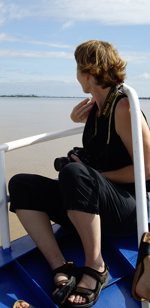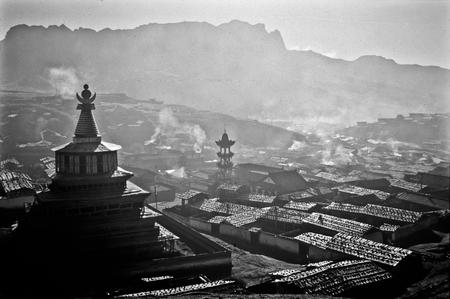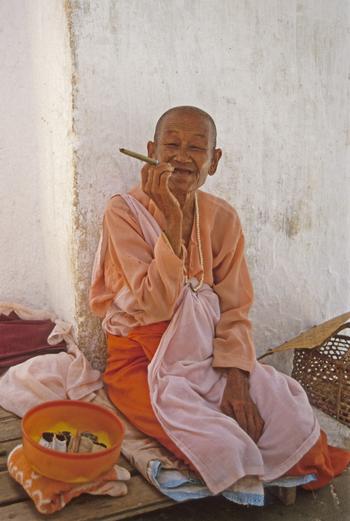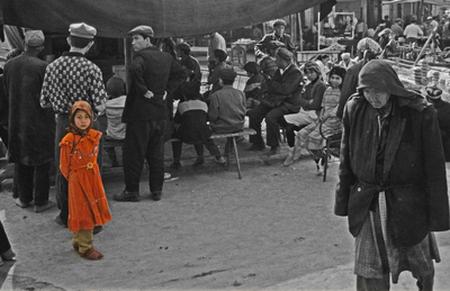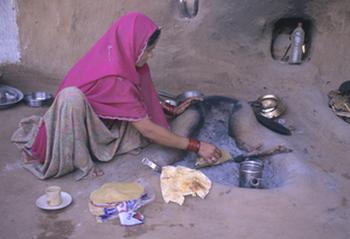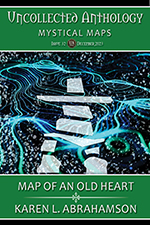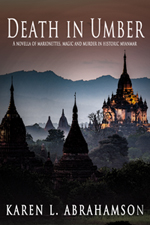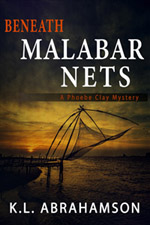Routine, Flexibility and Permission (oh my)
I broke routine this morning and slept in until almost seven a.m. The weird thing is, the cats broke routine, too, and let me. Usually they are right there, yelling, or pouncing on me (see here for a wonderful cartoon of the experience), or else Ben will go into the kitchen and bang cupboards or otherwise wreak destruction to get me up. After all, cat tummies are far more important than my beauty sleep.
But this morning they broke routine. Actually they’ve ‘broken’ routine for the past week or so, ever since the corner of my bedroom started to seriously collect things for my trip. Last night I actually began the task of inventorying and packing. I think I have them nervous. I think they know I’m going somewhere soon. After all, they’re far from stupid. But the simple act of letting me sleep is consistent with other behavioral changes they are showing. For example Ben actually managed to crowd onto my lap and fall asleep while I was typing yesterday afternoon, when usually he just plants himself on top of my desk and pushes everything else to the floor. He also made a point of sleeping on my lap last evening. Definitely things are up.
We all know cats have routines and heaven help us if we vary from anything that impacts their feeding, brushing or taking them for walks. (Yes, mine go for walks on leashes.)

As writers we need those routines, too. For me it has always been a routine to get up at 5:30 and write for two hours before I have to turn to work. I’ve done that for the past ten years and produced about four books a year, until this January when I was ‘forced’ to give it up.
Okay, not forced. I chose to give up. There I was in the middle of manuscript revisions and I just couldn’t do it anymore. I was over my head with work and preparing for this trip and had started having nightmares. So something had to give. It was a horrible choice. The guilt was enormous and so was the feeling of failure. But it was also a relief because I was hating everything I was doing because I didn’t have the time to do it well.
A friend of mine recently went through a similar experience for totally different reasons. He moved, due to a job change and then had to spend his time moving in and focusing on the new job. Time passed. He didn’t write. He blogged (here) about the challenge that posed for him because he, like myself, has been regimented about his writing and is a spectacular writer who recently sold his first four book series. His pain is that during his move he hasn’t written a word.
To me the ‘not writing’ has been a lot like what going through nicotine withdrawal must be like. I still find myself at the computer early in the morning, I know I should write (and I do—on work), but the most I’ve been able to write creatively has been these blogs. I tell myself it’s okay, but I know it’s not because it’s very easy to fall out of a habit that’s good for you and very easy to fall into a habit that’s not –like sleeping in.
On Thursday I received a phone call from the airline that is taking me to Peru. They advised that the flight times had changed and therefore I have to leave a day early and layover in Toronto overnight. Thanks goodness my schedule as a consultant is a little flexible. I was able to do it, even if it’s going to be tight for work. Be flexible, I said.
So I’ve decided that writers need to follow my cat’s lead and give themselves permission. Instead of being rigid and getting anxious about not writing, writers need to assess their situation and give themselves permission to not write. Occasionally the world intervenes, like my friend’s move, like another friend’s illness, like another friend dealing with a death in the family. I know all of them are back at the keyboard.
And I know I’m a writer, so I’ll be blogging while I’m travelling and writing when I get back from Peru. That’s promise, just as surely as I know Ben and Shiva will be back to caterwauling in the morning.



